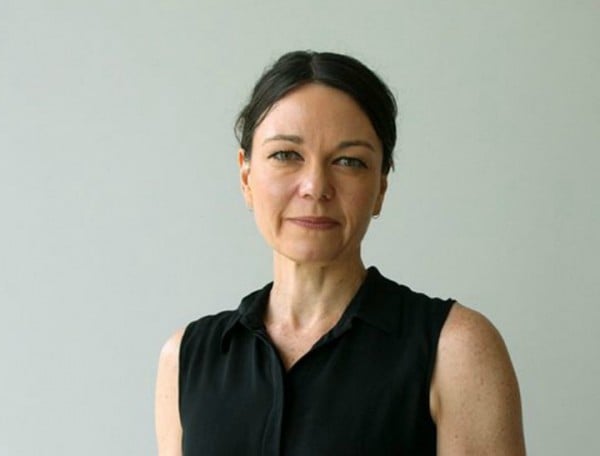
The first time I see Irena, we are two doctors down and have a full waiting room. I call her name, four times. Finally she stands up: 94 years old, 125cm tall.
The clinic is for elderly patients with multiple chronic problems: failing heart, kidneys and lungs, dissolving bones and aching joints, bone marrow that’s drying up. There is a desk between us, and I am supposed to type notes directly into the computer as they talk, as if I am a travel agent.

Though deaf, Irena whispers. I look at her: cataract, arthritis, stains on her cardigan, false teeth that are too big for her gums so they move up and down independently of her lips when she speaks. I leave the desk and sit next to her so I can hear.
Her English is halting, slow as calligraphy. I ask her if next time she wants me to arrange a Russian interpreter.
She looks at me and raises an eyebrow: “You don’t like my English?”
I ask her how she has been since she last came to the clinic. She says what she says every time thereafter: “I am 94, doctor. I am old.” She always pauses here and raises a finger before delivering her punchline: “But I am not dead yet.” Then she laughs.
I sit beside her to feel her pulse or listen to her lungs, and she tells me snippets that over months become grand narratives. In Stalin’s Russia, her husband was taken to a labour camp for running his own business as a tailor. They wouldn’t let him take his violin. For a year, this tiny woman travelled to the camp every week and demanded they give it to him. She wrote letters. To Stalin. They relented. Her husband played so beautifully he was granted an unofficial reward: though it was against the rules, Irena could stay with him in the camp for a week.

Once patients enter a nursing home, they are no longer eligible to attend this clinic. It’s another world, and all the rules change. I know Irena is on her way there when I sit next to her doing something clinical and she whispers in her ancient staccato, “Doctor. This week. I dirtied myself. Two times.”
After Irena misses two appointments in a row, I find out she’s been moved to a home. I am sad and increasingly troubled by questions about the camp that only she can answer. Did her husband have his own room? What was in it? Was there a window? Was the bed comfortable? What did they eat? Was she happy?
I start to feel panicked when I think of her. What was it like in there?
I call the nursing home and ask them to ask Irena if I might visit. She says to come tomorrow.

Irena’s room has a narrow bed, a wardrobe, a bar fridge and a single armchair. I sit on her walking frame and ask how she is. She is old, but not dead yet. We laugh at this. She tells me she fell and thought she was being taken to hospital but instead found herself in this room. Someone brings one cup of tea and a dark brown biscuit and smiles at me over Irena’s head. Irena dips her finger into the plastic cup, says, “Cold,” and pushes it away.
When I stand up to leave, she opens her fridge. It is full of brown biscuits, piled into the door shelves and drawers. She insists that I take some and wraps a handful in a napkin.
She puts the parcel in my hands: “Will you come again?”





























































































